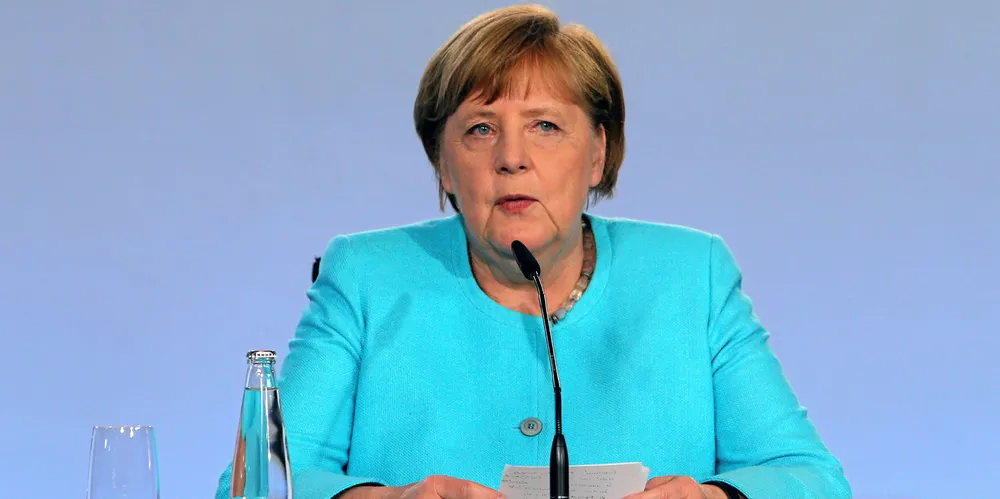Energy sector lukewarm about €130bn German post-Covid-19 stimulus plan
Government coalition parties include a lower renewables levy, bonuses for e-cars and a glimpse of its upcoming hydrogen strategy in the package

Government coalition parties include a lower renewables levy, bonuses for e-cars and a glimpse of its upcoming hydrogen strategy in the package
